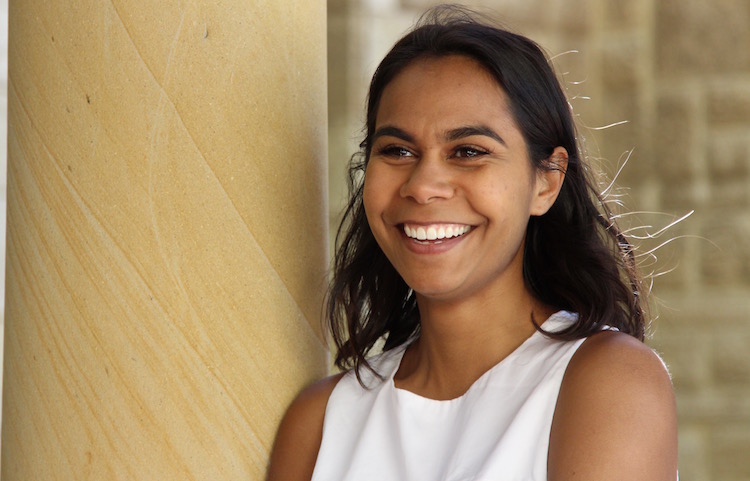By Neena Bhandari
Sydney, 26.09.2017 (SciDev.Net): Scientists warn that unless significant political and financial investments are made, many countries will not meet the health-related UN Sustainable Development Goals (SDGs) by 2030.
Fewer than five per cent of the countries were likely to meet targets on road deaths, childhood obesity, suicides and tuberculosis. However, over 60 per cent of the countries were on track to meet targets on malaria, child mortality and neonatal and maternal death rates, according to a study published this month (12 September) in The Lancet.
Singapore ranked first and Afghanistan last out of 188 countries in terms of meeting SDG 3, which deals with ensuring healthy lives and promoting well-being for all.
Continue Reading on SciDev.Net Asia & Pacific Edition.
© Copyright Neena Bhandari. All rights reserved. Republication, copying or using information from neenabhandari.com content is expressly prohibited without the permission of the writer and the media outlet syndicating or publishing the article.


